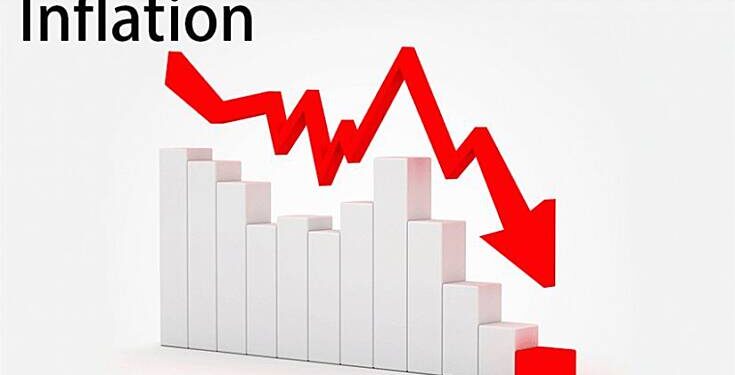Seventh Consecutive Decline Signals Policy Shift Potential
Ghana’s inflation rate fell for the seventh consecutive month in July 2025, reaching 12.1%, the lowest rate since October 2021, according to the Ghana Statistical Service (GSS). This consistent decline is sparking optimism for potential adjustments to the Bank of Ghana’s monetary policy stance.
Food and Non-Food Prices Continue to Cool
The disinflationary trend was underpinned by notable declines across both food and non-food categories:
- Food inflation dropped to 15.1%, down from 16.3% in June.
- Non-food inflation saw a sharper decline, falling to 9.5%, compared to 11.4% in the previous month.
The continued moderation in price levels reflects stabilisation in key economic sectors and a recovery in food supply chains after prior volatility.
Read Also: Ghana Water Limited bans use of fire hydrants amid illegal sales surge
Regional Disparities Persist
Despite the national improvement, regional inflation disparities remain stark:
- The Upper West Region recorded the highest inflation rate at 24.8%, though this was a marked improvement from 32.3% in June.
- The Central Region posted the lowest rate at 7.7%, well below the national average.
Monetary Policy Implications
Economic analysts note that July’s figures could pave the way for a shift in monetary policy. The Bank of Ghana, which has maintained a tight stance to combat inflation in recent years, may find room to cut interest rates if the current disinflation trend persists into the third quarter.
Financial economist Kwame Boateng noted: “This sustained decline strengthens the case for a gradual easing of rates, especially if inflation continues to trend downward over the next two to three months.”
Economic Outlook
With inflation nearing the central bank’s medium-term target, attention is now turning to how fiscal and monetary authorities will balance growth support with inflation control. Continued price stability could improve business confidence and household purchasing power heading into the final quarter of 2025.

























